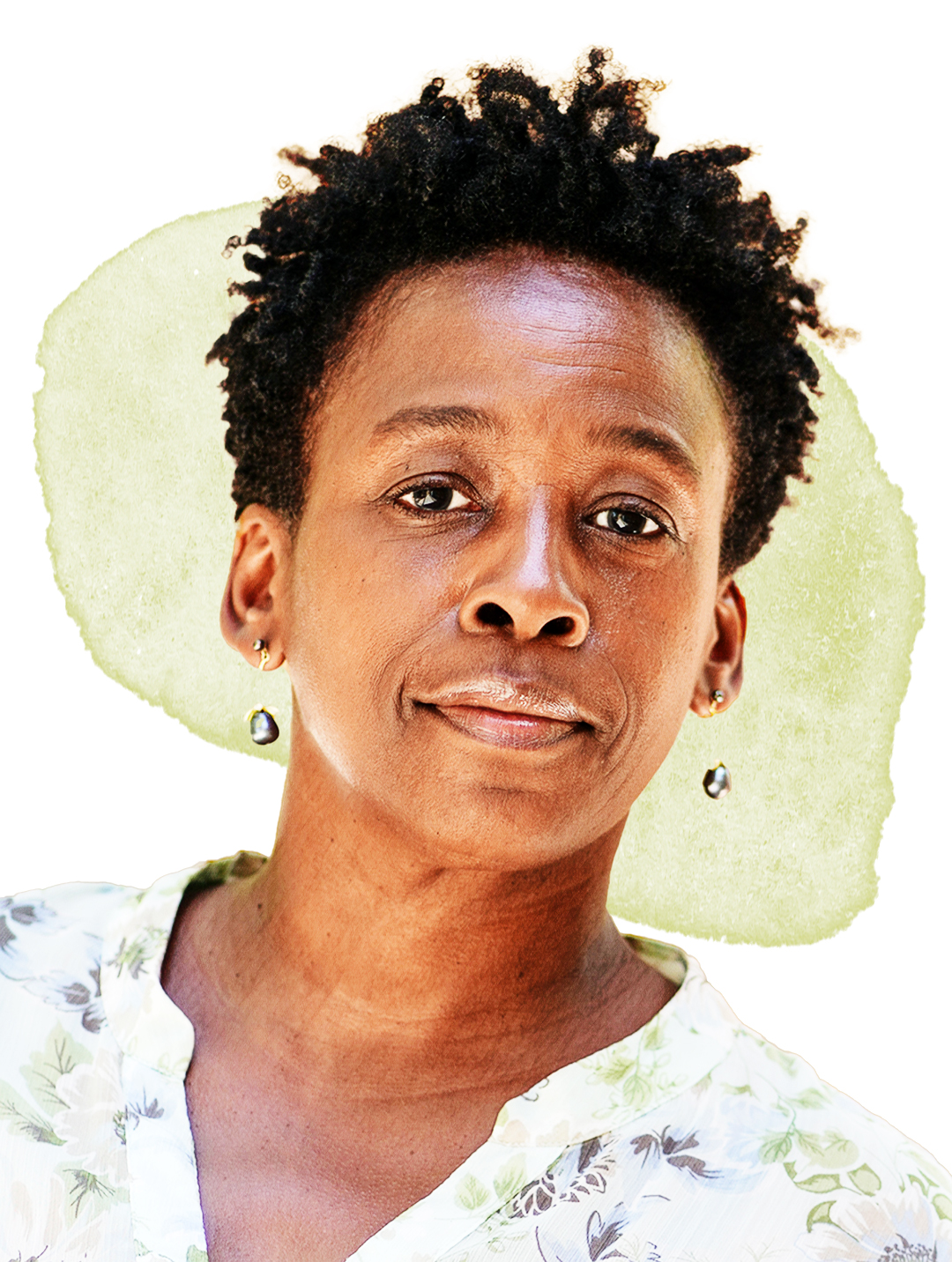It’s all too clear that AI recognizes certain types of people better than others. Few people have explored this shortcoming with as much depth and clarity as Stephanie Dinkins. The 39-year-old multimedia artist has been programming AIs to realistically depict Black women for years. But she’s found that they come up woefully short: even AIs programmed to think like her seem unable to talk about race or discrimination, or to conjure culturally specific references.
In Dinkins’ recent project, Not the Only One, she trained an AI on three generations of Black women, in an attempt to give an AI cultural roots, deep history, and a perspective that is too often absent from an overwhelmingly homogeneous field. Dinkins says the AI “struggles to have fluid conversation. But every now and again, it outputs a gem I have to wrestle with in terms of how, where, and why it got that idea.” The project helped Dinkins land a $100,000 award from the Guggenheim Museum, given to an artist pushing the boundaries of technology-based art.
Dinkins also runs an art and tech incubator called AI.Assembly, and has increasingly spent her time trying to spur more participation from people in undertapped communities who don’t believe AI is for them. “We simply cannot afford to ignore or be repulsed by AI,” she says. “It is changing our world exponentially. At the very least, we have to acknowledge it and see what that means to our individual lives.”
- Donald Trump Is TIME's 2024 Person of the Year
- Why We Chose Trump as Person of the Year
- Is Intermittent Fasting Good or Bad for You?
- The 100 Must-Read Books of 2024
- The 20 Best Christmas TV Episodes
- Column: If Optimism Feels Ridiculous Now, Try Hope
- The Future of Climate Action Is Trade Policy
- Merle Bombardieri Is Helping People Make the Baby Decision
